April 26, 2024 | 15:23 GMT +7
April 26, 2024 | 15:23 GMT +7
Hotline: 0913.378.918
April 26, 2024 | 15:23 GMT +7
Hotline: 0913.378.918
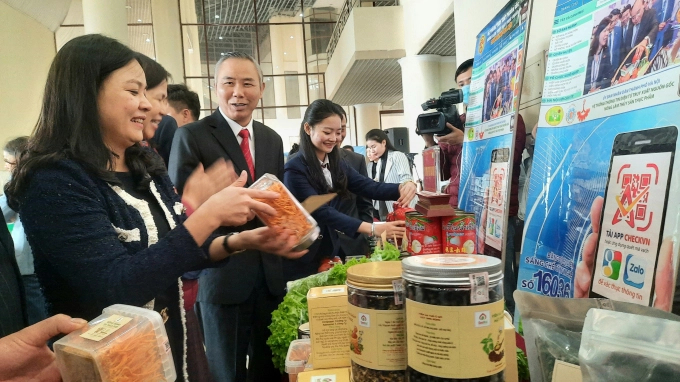
Deputy Minister of Agriculture and Rural Development Phung Duc Tien visits a boost displaying OCOP products in a sideline of the meeting in Bac Ninh Province on January 15. Photo: Nguyen Huan.
Speaking at a meeting held on January 15 in the northern province of Bac Ninh to review last year’s food safety management and implement this year’s tasks, the deputy minister said that an effective food safety management would help improve the physical and mental health of Vietnamese people.
He emphasised that Vietnam’s agriculture export value of over US$41 billion last year helped affirmed the country’s efforts in ensuring food safety.
However, more communication on food safety issue was still needed so that people and enterprises always kept in their mind that ensuring food safety was a must in food production, Tien said, adding that incoming time, produce traceability would be available to all food, particularly those for export.
“It’s time for management agencies, localities and enterprises further apply Industry 4.0 technologies in food safety management, particularly in tracing the origins of agricultural products,” he said.
“I visited agriculture companies in the US and I hardly saw anyone but a guard as everything is done automatically by machines. That’s the trend for us to follow,” Tiến said, adding that Vietnam now also had processing factories that could meet global standards and their products were eligible to enter many countries in the world.
Sciences and technologies were key factors that helped increase productivity, quality and competitiveness of Vietnam’s farming products in future, he said, emphasised that scientific-technological applications also helped improve food safety management.
Under the impacts of climate change and complicated development of diseases in castles, poultry and crops, agencies and localities must not be neglected, particularly those in border areas with the busy import of live animals and frozen food.
Antimicrobial resistance in agriculture which FAO and WHO raised more warnings recently was another most concerning issue in Việt Nam’s food safety management, Tien said, calling for drastic measures to tackle.
Until last year, as many as 1,644 food safety chains with over 2,300 products were formed and developed in Vietnam. However, the number of products and the linkage among chains were still modest compared with the size of the country’s agriculture production, Tien said.
Nguyen Nhu Tiep, head of the National Agro-Forestry Fisheries Quality Assurance (NAFIQAD) under the agriculture ministry, said that last year, the ministry directed localities to develop clean agriculture, organic agriculture and hi-tech agriculture production areas.
Input factors for production were examined to meet food safety criteria; the linkage between production and consumption was promoted and across the country, food safety chains were developed and expanded, Tiep said.
Until now, 6,000 enterprises with about 430,000 ha of crops across the country were granted Vietnamese good agricultural practices (VietGAP) quality standard certificate or similar certificates. As many as 664 aquaculture producers with a total aquaculture raising area of 15,800 ha were granted VietGAP quality standard certificate or similar certificates.
Other 816 farms and 1,249 households providing about 608,000 tonnes of meat and 315 million eggs were certified.
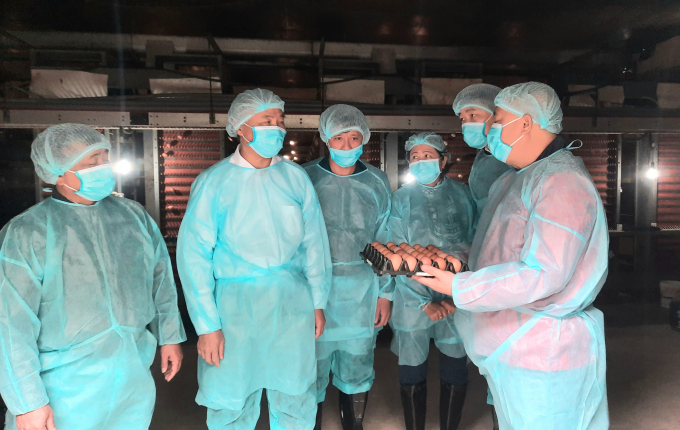
Deputy Minister of Agriculture and Rural Development Phung Duc Tien (second from left) examines food safety at a factory of Dabaco Group – a multi-field group specialising mainly in animal feed, cattle and poultry breeding and food processing in Bac Ninh Province. Photo: Nguyen Huan.
Among 1,644 food safety chains, there are 786 chains from 21 localities providing food to Hanoi with diversified products. As many as 2,088 farming products met the criteria of One Commune- One Product programme.
Tiep said that this year, agriculture ministry continued asking for drastic measures to ensure food safety including tightened inspections. More unannounced inspections would be conducted to timely detect and punish violations.
From the beginning of this year, inspectors visited nearly 45,000 units, of which over 3,200 units were fined for violating food safety regulations.
According to the agriculture ministry, last year, there were 162 major concentrated slaughtering houses and 24,690 small-sized ones across the country. However, about 8,000 small-sized slaughtering houses got business licences. About 84 per cent of the registered slaughtering houses had animal health officers regularly oversee their slaughtering activities.
In 2015, there were up to 29,000 small-sized slaughtering houses across the country.
Author: Nguyen Huan. Translated by Hien Anh.
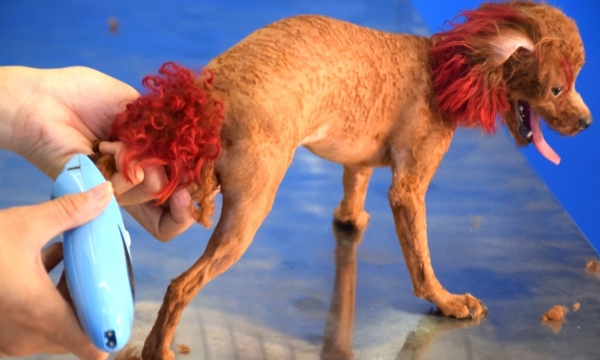
(VAN) Pet treatment and beauty spas need skilled expertise and experience to manage their aggressive responses, like as biting.
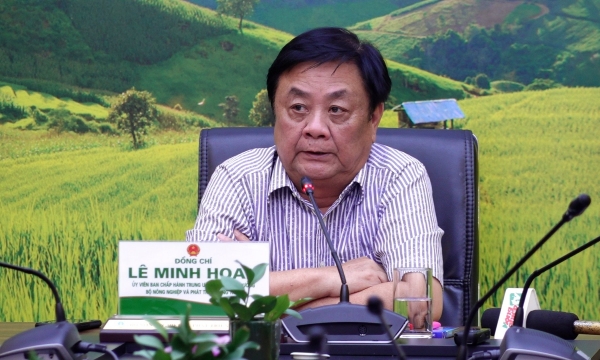
(VAN) Minister of Agriculture and Rural Development Le Minh Hoan chaired a conference on April 25 to discuss measures for preventing drought and saltwater intrusion in the Mekong Delta and addressing future difficulties.
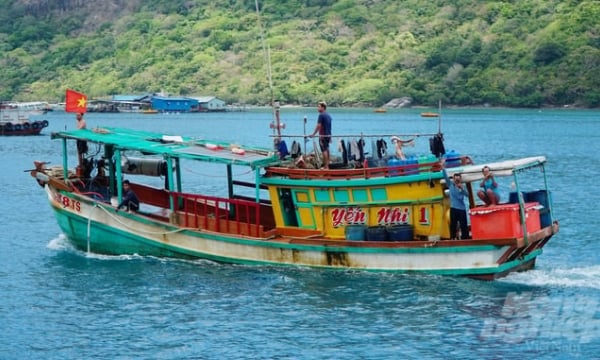
(VAN) 'The IUU yellow card must lead to sustainable fisheries, with increased aquaculture and reduced exploitation,' Minister Le Minh Hoan reflected.
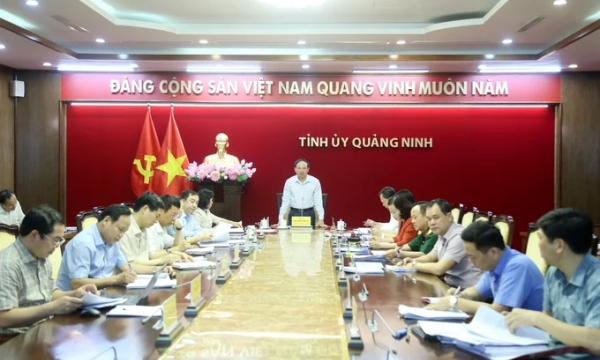
(VAN) Quang Ninh's policy of attracting FDI investment will select investors, taking quality, efficiency, technology, and environmental protection as evaluation criteria.
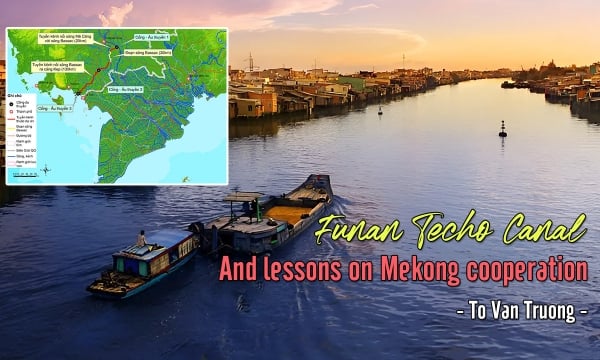
(VAN) Concerns regarding the Funan Techo canal, as expressed by certain experts at the Can Tho meeting, are indeed reasonable, yet they should be articulated without exaggeration.
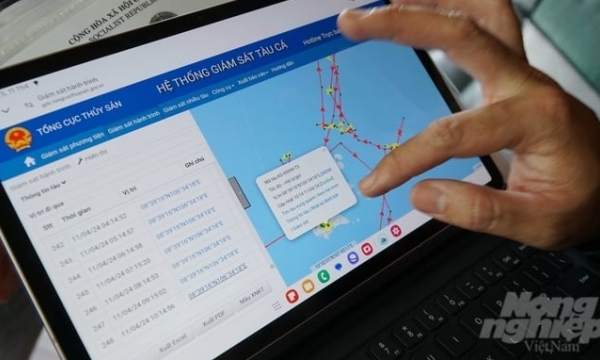
(VAN) Ba Ria - Vung Tau province is facing considerable challenges concerning the rapid and coordinated implementation of electronic fishing logbooks and origin tracing.
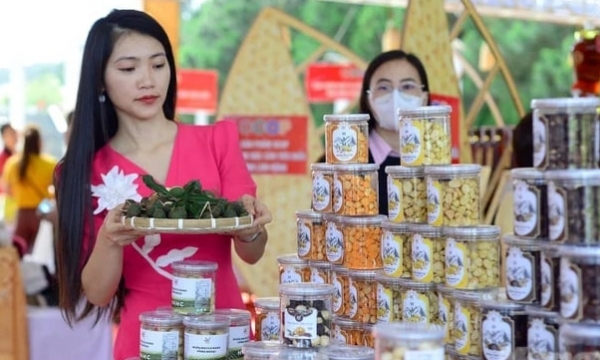
(VAN) There are a total of 12,000 OCOP products rated as 3-star or above, over 6,500 OCOP entities, around 78% of communes have successfully met the new rural requirements.